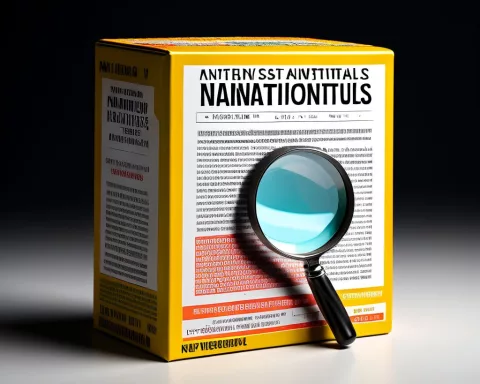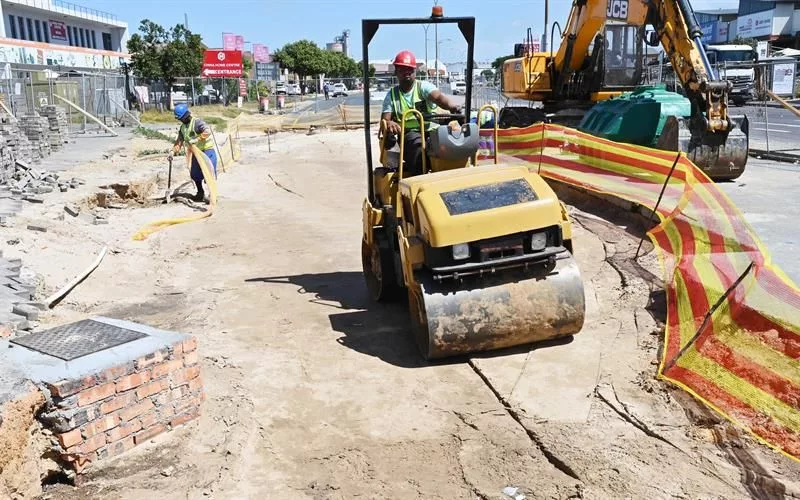The Standing Committee on Public Accounts (SCOPA) and the Special Investigating Unit (SIU) signed a Memorandum of Understanding (MoU) to strengthen accountability and transparency surrounding public financial management. The MoU allows SCOPA to refer urgent matters to the SIU, ensuring effective financial oversight and preventing corruption of state resources. This partnership marks a significant stride in the battle against corruption and financial mismanagement, restoring trust in democratic institutions and committing to transparency, accountability, and responsible governance.
The Purpose and Importance of the MoU
The Memorandum of Understanding (MoU) signed between SCOPA and the SIU serves as an agreement to amplify accountability and transparency surrounding public financial management. The MoU provides SCOPA an official and direct route to refer certain urgent matters to the SIU and ensures effective financial oversight and accountability of state institutions, thus preventing maladministration, malpractice, and corruption of state resources, money, and assets.
Memorandum of Understanding Signing
The 6th of March 2024 marked an important day within the walls of the Parliament, as the Standing Committee on Public Accounts (SCOPA) and the Special Investigating Unit (SIU) came together to sign a Memorandum of Understanding (MoU). This act, although common in bureaucratic procedures, held a higher significance. The main purpose was to strengthen a relationship that diligently monitors the spending of public funds, specifically those classified as irregular, fruitless, and wasteful.
Contrary to popular belief, this MoU is far more than just a signed and sealed document within Parliament. It serves as an agreement to amplify the accountability and transparency surrounding public financial management. It embodies the mutual commitment between SCOPA and the SIU to oversee the prudent utilization of public resources.
The Purpose and Importance of the MoU
Raising the question of necessity for an MoU is a valid point. The SIU doesn’t selectively choose cases to investigate. Instead, it operates within a referral and proclamation framework from other bodies. The MoU provides SCOPA an official and direct route to refer certain urgent matters to the SIU, like the Eskom intelligence report or issues related to the National Skills Fund.
In the light of this agreement, SCOPA has faith in the SIU not to neglect these critical issues, even in the face of the dissolution of the sixth Parliament. The responsibility is anticipated to transfer seamlessly to the seventh Parliament, ensuring the raised concerns receive the necessary attention.
Throughout the sixth Parliament’s tenure, SCOPA received regular briefings from the SIU about unearthing maladministration, malpractice, and corruption at state institutions. The committee was informed about rampant corruption, the absence of consequences for culprits, and the persistent delays in prosecutions, culminating in the state’s failure to reclaim funds owed.
SIU Referrals and the Fight Against Corruption
In reaction to these findings, SCOPA made a compelling proposition to the Presidency to devise a mechanism to ensure the implementation of all SIU referrals. The result was a tracking and monitoring tool designed to guarantee disciplinary action for every referral from the SIU. A significant result of this endeavor was the restriction of suppliers implicated in SIU investigations by Eskom and Transnet on their suppliers’ databases.
The commitment of SCOPA to continue its partnership with the SIU remains unshakeable. The committee acknowledges the shared interest in investigating and addressing issues related to the wasteful expenditure of public funds. In addition, the deployment of preventative measures and monitoring activities are also identified as areas of mutual concern.
Their understanding extends beyond mere collaboration. Both parties recognize the importance of consultation, mutual support, and cooperation on matters such as information disclosure, reporting, and mutual assistance. Through these efforts, they strive to ensure effective financial oversight and accountability of state institutions, thus preventing maladministration, malpractice, and corruption of state resources, money, and assets.
The Lasting Impact of the MoU
In view of the bigger picture, this MoU marks a significant stride in the battle against corruption and financial mismanagement. It signifies the strengthening of checks and balances that form the backbone of our democratic institutions, thereby restoring trust in their integrity and effectiveness.
The signing of this MoU is more than a standard administrative act—it’s a commitment. A commitment to the ideals of transparency, accountability, and responsible governance. It’s a step towards ensuring that public resources are used wisely and in the best interests of the people. The significance of this commitment is not lost on SCOPA and the SIU, and they remain resolute, pressing forward in their mission.
1. What was signed between SCOPA and the SIU?
The Standing Committee on Public Accounts (SCOPA) and the Special Investigating Unit (SIU) signed a Memorandum of Understanding (MoU).
2. What is the purpose of the MoU?
The MoU serves as an agreement to amplify accountability and transparency surrounding public financial management and provides SCOPA an official and direct route to refer certain urgent matters to the SIU, ensuring effective financial oversight and accountability of state institutions, thus preventing maladministration, malpractice, and corruption of state resources, money, and assets.
3. When was the MoU signed?
The MoU was signed on the 6th of March 2024.
4. What is the impact of the MoU?
The MoU marks a significant stride in the battle against corruption and financial mismanagement, restoring trust in democratic institutions and committing to transparency, accountability, and responsible governance.
5. What is the significance of the commitment made by SCOPA and the SIU?
The significance of this commitment is not lost on SCOPA and the SIU, and they remain resolute, pressing forward in their mission to ensure effective financial oversight and accountability of state institutions, thus preventing maladministration, malpractice, and corruption of state resources, money, and assets.
6. What is the lasting impact of the MoU?
The signing of this MoU is more than a standard administrative act—it’s a commitment to the ideals of transparency, accountability, and responsible governance. It’s a step towards ensuring that public resources are used wisely and in the best interests of the people. The significance of this commitment is not lost on SCOPA and the SIU, and they remain resolute, pressing forward in their mission.












